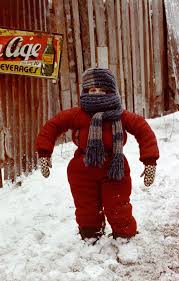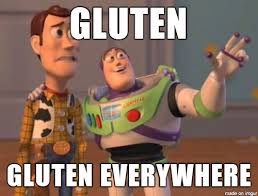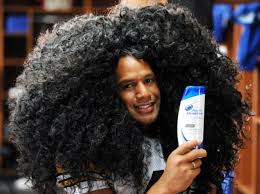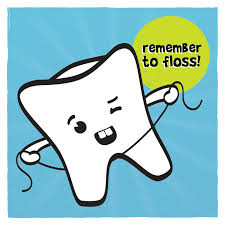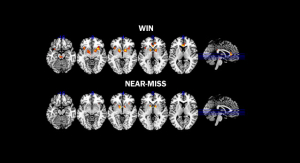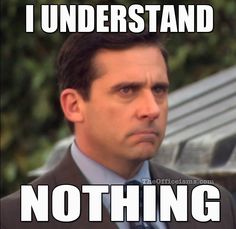A growing movement in the country is the legalization of marijuana. Recently, my home state of California became the largest state to legalize recreational marijuana. Polls show that about 60% of americans support nationwide legalization, and more and more states are considering legalizing recreational marijuana. But looking beyond this trend one can see a larger trend on the horizon, the legalization or decriminalization of all or most drugs. It seems safe to say now that the modern “drug war” started under the Reagan administration has been a failure. Just look at the heroin epidemic as an example, over the past 15 years the number of deaths from heroin overdose has increased from about 2,000 in 2001, to upwards of 10,000 in 2014. The goal of the drug war was to keep people from doing drugs, but this statistic alone shows that that hasn’t happened. Also the drug war hasn’t made it any harder to obtain drugs, the percent of 12th grade students who reported having marijuana in the part year has increased from about 20% in 1991 to almost 40% in 2014.
These statistics show that the drug war has not worked, but is legalization the answer to the growing danger of drugs? I wanted to find out if it was. Going in my null hypothesis was that legalization would not prevent deaths from drugs, and my alternative was that legalization would prevent deaths from drugs. I began by looking at the youth consumption rates for the two main legal drugs in this country, alcohol and tobacco. The percent of 12th graders who report having used alcohol in the past year has decreased from about 75% in 1991 to 60% in 2014. Also the percent of 12th graders who reported daily cigarette use had declined from a peak of 25% in 1997 to about 7% in 2014. So in the past 20 years youth consumption of legal drugs has declined, while youth consumption of illegal drugs such as weed has increased. Based on this it seems that legalization would not cause youth to suddenly do more drugs, in fact it seems the opposite is true, over time legal drug use among teens has fallen. It can be difficult to say for sure whether or not legalization of drugs would be beneficial for the U.S., mainly because no other country comparable to the U.S. has done anything like this, so there is no hard data to show if it works or not. But other countries such as Canada do have laws that quasi legalization. One example of this is safe injection facilities or SIF’s. These are facilities where people using heroin can go and inject their heroin safely, using sterile equipment, under the supervision of a healthcare professional, and uninhibited by the law. These SIF’s can be a peek into what legalization would look like. The goal of these facilities is to prevent overdose deaths and to make help more available to the people that want it. A meta-analysis done in 2014 of 75 relevant studies found that SIF largely accomplished their goal without increasing crime in the area. This is some of the strongest evidence yet that legalization would be better for people than the current prohibition. If these SIF were in the U.S., countless lives could have been saved from the Heroin epidemic that America currently finds itself in. Instead of criminalizing the sickness that is addiction, we should be taking proactive steps to prevent it and to keep people safe who suffer from it. And the evidence shows that SIF are a safe way to do that. Based on this evidence I reject the null hypothesis and conclude that legalization is the best way to prevent deaths from drugs and to keep people safe. But this doesn’t mean I think all drugs should be legalized tomorrow. This should be a state by state issue and it should be rolled out slowly and controlled so that nothing gets out of hand in the process. But in the long run, based on the data, people will be safer and better off if drugs are legalized.
sources
https://www.ncbi.nlm.nih.gov/pubmed/?term=potier+laprevote+dubois-arber+cottencin+rolland
(https://www.drugabuse.gov/publications/drugfacts/high-school-youth-trends)
(https://www.drugabuse.gov/related-topics/trends-statistics/overdose-death-rates)
(http://www.gallup.com/poll/196550/support-legal-marijuana.aspx)



